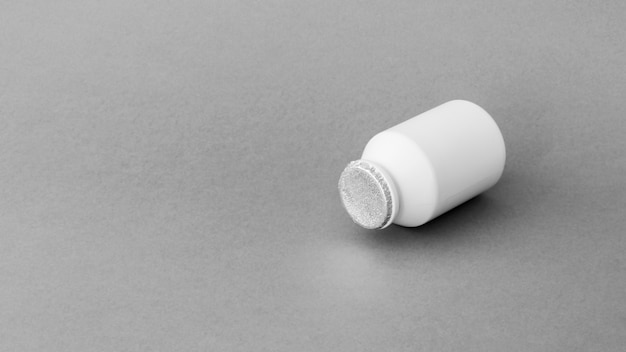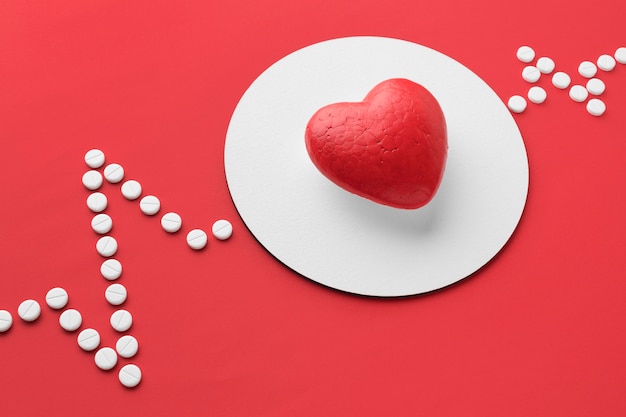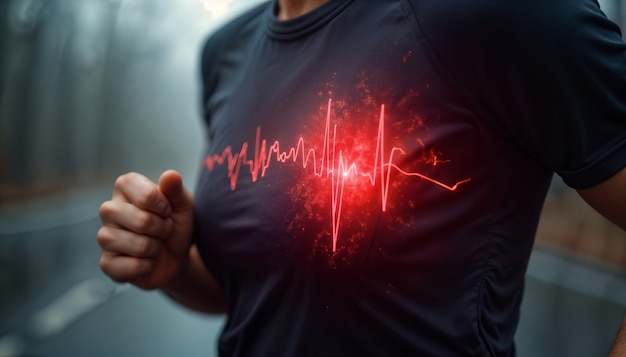In a world where stress and anxiety are increasingly common, a quiet revolution is happening in medicine—one that doesn’t involve SSRIs, therapy apps, or meditation retreats. Instead, it centers on a decades-old heart medication quietly stepping into the spotlight: propranolol. Originally developed in the 1960s to treat hypertension and heart conditions, this beta blocker is now being hailed as the unofficial 'chill pill' for its surprising ability to calm physical anxiety symptoms—without altering mood or cognition.
Propranolol belongs to a class of drugs known as beta blockers. It works by blocking the effects of adrenaline (epinephrine) on the heart and other parts of the body. By doing so, it reduces heart rate, lowers blood pressure, and decreases the force with which the heart pumps blood. This makes it highly effective for treating conditions like angina, arrhythmias, and high blood pressure.
But its mechanism of action also has a profound impact on the body’s fight-or-flight response—the same system that kicks in during moments of acute stress or anxiety.

While propranolol was never designed as an anti-anxiety drug, its off-label use for managing situational anxiety has gained traction across diverse groups—from musicians battling stage fright to professionals facing high-stakes presentations. Unlike benzodiazepines such as Xanax, which act on the central nervous system to induce sedation, propranolol targets only the physical symptoms of anxiety: shaky hands, rapid heartbeat, sweating, and trembling voice.
This distinction is crucial. Users report feeling mentally clear and alert while their bodies remain calm—making propranolol ideal for performance situations where focus is essential.
Anxiety often manifests physically long before it registers mentally. When adrenaline floods the system, the heart races, palms sweat, and muscles tense—responses evolution designed to help us escape danger. But in modern life, these reactions can be triggered by public speaking, job interviews, or social events.
Propranolol interrupts this chain by blocking beta-adrenergic receptors, particularly in the heart. Without these receptors responding to adrenaline, the body doesn’t go into full alert mode. The mind may still feel nervous, but the physical signs are significantly muted.
Because it doesn’t cross the blood-brain barrier as readily as other medications, propranolol doesn’t cause drowsiness or emotional numbing. This makes it appealing to those who want control over their physiology without losing mental sharpness.
The appeal of propranolol spans multiple fields:
Its short-acting form typically kicks in within 30–60 minutes and lasts about 3–4 hours, making it ideal for time-limited stressors.

Propranolol is generally well-tolerated when used as directed. However, it’s not suitable for everyone. People with asthma, severe COPD, or certain heart conditions (like bradycardia or heart block) may be advised against using it due to the risk of bronchospasm or excessively low heart rate.
Common side effects include fatigue, dizziness, cold hands or feet, and gastrointestinal discomfort. It can also mask symptoms of low blood sugar, which is important for people with diabetes to note.
Because it’s a prescription medication, propranolol should only be used under medical supervision. Self-medicating, especially without understanding one’s cardiovascular health, can be dangerous.
It’s important to emphasize that propranolol is not a treatment for generalized anxiety disorder or chronic mental health conditions. It doesn’t address the root psychological causes of anxiety. Instead, it’s best viewed as a situational aid—like wearing a seatbelt for emotional turbulence.
For long-term anxiety management, therapies like CBT, lifestyle changes, and other medications remain essential. But for acute, performance-based stress, propranolol offers a unique and effective option.
As society becomes more open about mental health, the demand for tools that enhance emotional resilience without impairment is growing. Propranolol’s rise reflects a shift toward precision solutions—medications that target specific symptoms without broad psychoactive effects.
Researchers are even exploring its potential in trauma memory modulation and PTSD prevention, though these uses remain experimental and ethically complex.
Propranolol may be a vintage drug, but its role in modern mental wellness is anything but outdated. As the 'chill pill' gains popularity, it underscores a growing recognition: sometimes, calming the body is the first step to calming the mind.
If you're considering propranolol for anxiety, talk to a healthcare provider. With proper guidance, this heart medication might just help you find your center—when it matters most.

Health

Health

Health

Health

Wellness

Health

Health

Health

Health

Fitness

Wellness

Health

Health

Fitness

Health

Health